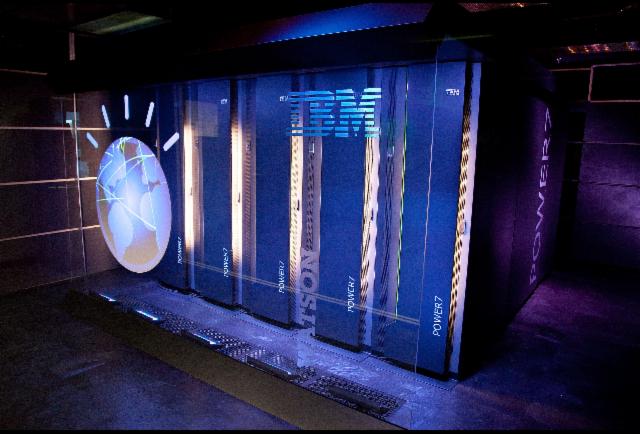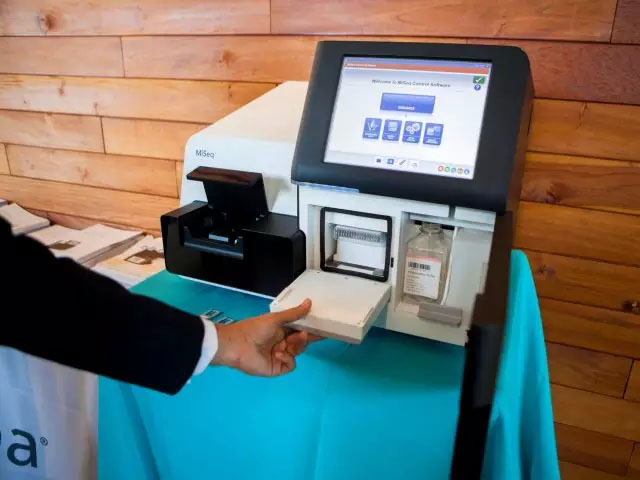According to the accounting data disclosed by Illumina CEO Francis deSouza at the Morgan Conference, Q4 revenue in 2016 was 619 million US dollars, up 5% year-on-year; 2016 annual revenue was 2.398 billion US dollars, up 8% year-on-year; 2017 forecast realized income 2.66 billion US dollars, an increase of 10% -12%. According to Forbes, on January 9th, IBM, the global gene sequencing field, Illumina and IBM, which is betting on artificial intelligence, announced that they will bundle IBM Watson Genomics on the newly released TruSight Tumor 170, which will be used to help serious cancer patients. Look for drugs that might match. Gene sequencing companies are looking for "commemorating the Sloan-Kettering Cancer Center" or the power of doctors at the "Anderson Cancer Center" in Houston to scan the DNA of cancer patients, and the sequencing giant and the AI ​​giant are joining forces to make the latest move. And illustrations. (In fact, the IBM Watson Cancer Solution was trained by the Memorial Sloan-Kettering Cancer Center.) The original intention of Illumina and IBM is to hope that the results of gene sequencing can be used to help patients who have no choice but to find effective drugs - perhaps approved, perhaps in the experiment. However, to date, this is considered to be the standard practice for advanced non-small cell lung cancer and cannot be applied to general cancer. (Note: In the field of immunotherapy, the same application bottleneck exists. Yale University UTC Cancer Research Chair Professor, Yale Cancer Center Immunology Director Display recently told the media that effective tumor immunotherapy can only be used in advanced patients. These patients have tried a variety of therapies, and the immune system has been damaged. If it can be used in early cancer patients, it is expected to be effective for more than 50% of patients. However, it can not be done now, because, first of all, To prove that this method is better than the standard treatment, but now there is no way to come up with this data.) Illumina said that genetic sequencers for cancer account for about 10% of sales, about $240 million. Clients include both general medical centers and companies such as NantHealth that sell genetic analysis and treatment decision-making services to health care institutions or patients. At the just-concluded JP Morgan Health Industry Conference, illumina CEO Francis deSouza revealed that the company's 2016 Q4 revenue was 619 million US dollars, up 5% year-on-year; 2016 annual revenue was 2.398 billion US dollars, up 8% year-on-year; 2017 forecast The realized income was US$ 2.66 billion, an increase of approximately 10%-12% year-on-year. Steve Harvey, vice president of Watson Health, said that 2 million Americans may benefit from their oncology sequencing services. He also said that the goal of IBM and Illumina's cooperation is to make it easier for hospitals and other customers to open genetic sequencing services: "Illumina bundles Watson's ability to analyze and provide reports with the TruSeq 170, which will enable cancer research or diagnostics. The lab starts and runs faster." It turns out that in the past, even with a genetic sequencer, doctors and hospitals still faced two big problems: Which genes do they sequence? How to analyze the result data? Today, IBM and Illumina are joining forces to provide even easier options. Guangzhou Zhongzhinan Supply Chain Co.,Ltd. , https://www.zhongzhinanlighting.com

Illumina teamed up with IBM to develop precision medicine: third-party gene sequencing companies may be hit